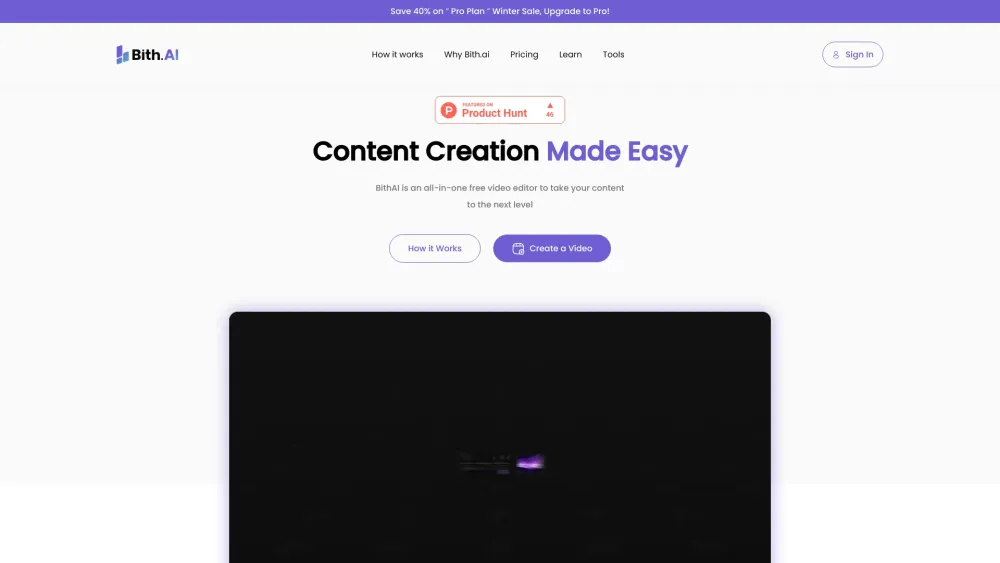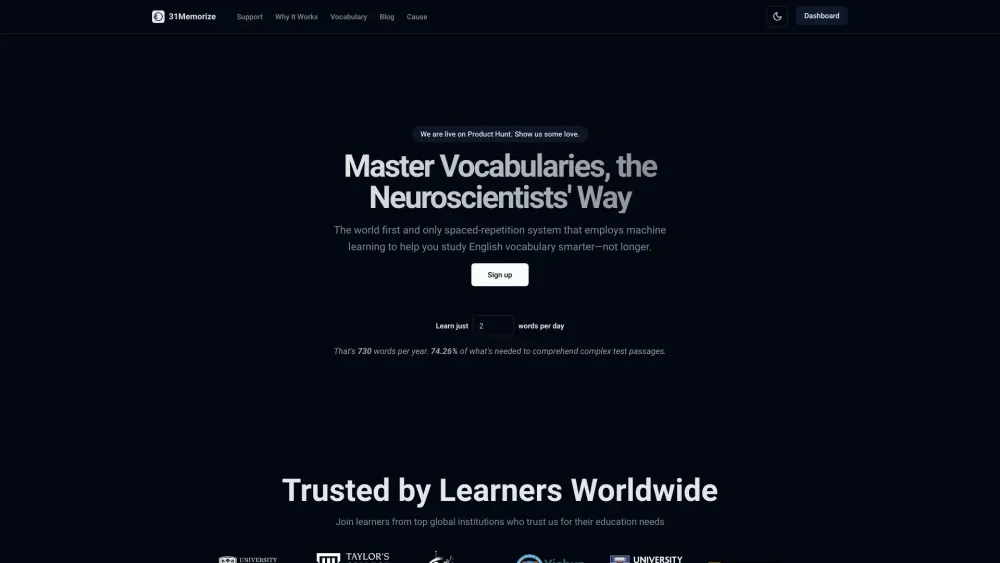Geoff Hinton and John Hopfield Awarded Nobel Prize in Physics for Pioneering Contributions to Foundational AI
Most people like

Introducing the Text-to-Video AI Generator: Your Ultimate Tool for Faceless Creators
Unlock your creativity with our innovative Text-to-Video AI Generator, specifically designed for faceless content creators. Transform your written ideas into engaging videos effortlessly, enhancing your storytelling and outreach. Tailored for those who prefer privacy while still making a powerful impact, our user-friendly platform combines advanced technology with creativity, allowing you to captivate audiences without appearing on screen. Discover the future of content creation where your words come alive visually!

Streamline your workflow effortlessly using Albato's no-code integration platform. Automate tasks and enhance productivity without needing any coding experience.

Enhance Your English Vocabulary with Smart Learning Techniques
Unlock the power of effective English vocabulary learning with innovative strategies tailored to boost your language skills. By employing smart techniques, you can expand your vocabulary efficiently and confidently. Discover how to optimize your learning experience while mastering the nuances of the English language.
Find AI tools in YBX



